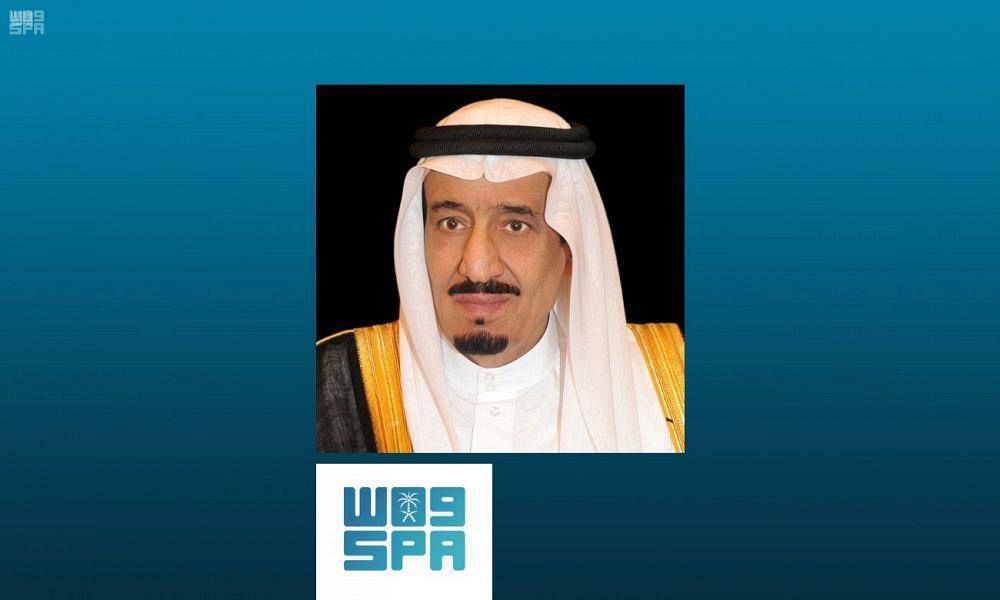
A year since the assassination of Yemeni former President Ali Abdullah Saleh by the Iran-backed Houthi militias and the debate is still raging over whether his severing of his alliance with the coupists had achieved its goals.
Observers approached by Asharq Al-Awsat said that the goals have not yet been completed, but they did harm the Houthis. Others believe that Saleh dragged Yemen into a major crisis that is still being felt to this day after he aligned himself with the militias.
Information ministry undersecretary Najib Ghallab told Asharq Al-Awsat that Saleh’s revolt against the Houthis on December 2, 2017, was a “changing point” in the conflict. He explained that the late leader severed the General People’s Congress (GPC) alliance with the Houthis and despite their seeming upper-hand, the militias are now facing dangers that they cannot overcome in the future.
Saleh’s revolt sparked popular anger against the Houthis in regions that are under their control, he continued. It also sent a clear message to all citizens that the militias were adopting a “hostile” and “colonial” agenda.
Saleh was killed on December 4, 2017, two days after he announced that he was breaking his alliance with the Houthis and ready to open a new chapter in ties with the Saudi-led Arab coalition to restore legitimacy in Yemen.
Ghallab added that Saleh’s December revolt “did not care about sacrifices because it offered martyrs, starting with Saleh and GPC secretary general Aref al-Zouka. The message was clear: its leader presented his money, himself and his relatives for the revolt.”
“The Yemenis are today more motivated” to rise up against the Houthis, he said. “The resistance is growing everyday at a frightening pace for the militias.”
He noted the major field achievements that were made after December 2, such as the formation of new brigades that have been dispatched to the battlefronts.
Ghallab stated that the seed of division has been planted in Yemen and the Houthis are now confronted with a national movement that wants to rid itself of their rule.
Prominent GPC members Kamel al-Khawdani told Asharq Al-Awsat that the Houthis usurped power in Sanaa, but “they will not be able to win over the people.”
“The people’s rejection of the militias is growing day after day,” prompting the Houthis to crackdown on liberties in the capital, he noted.
“The Houthis seized government buildings by force and intimidation, but they have not won the people, who are suffering greatly at their hands,” he continued.
“Perhaps the December revolt failed in achieving all of its goals, but it managed to sever the Houthis from the society,” he explained. “The militias are now a shunned group and everyone is impatiently waiting for the moment of their collapse.”
“This wait will not be long as the militias are losing territories everyday and each area they lose cannot be recaptured,” Khawdani said.
Moreover, he predicted that a revolt that “complements the December uprising” will be witnessed in Sanaa “soon”.
“This time, the revolt will take place without mistakes and the Houthis will not be able to contain it.”
Another GPC member Dr. Adel al-Shujaa said that the December revolt was a continuation of the September 1962 uprising.
He told Asharq Al-Awsat that the Houthis’ crimes of murder and assassinations “are a sign of weakness, not strength.”
“The Houthis inherited the hatred of the people and they are being isolated by them. They are therefore, compensating for this weakness by resorting to excessive force,” he remarked.
Yemeni researcher Thabet al-Ahmedi told Asharq Al-Awsat that regardless of its missteps, the December revolt “will remain a major Yemeni development that will not be forgotten by the people.”
“Had the revolt lasted one week, not a single Houthi would have remained and they would have been hunted down,” he stated.
The Houthis, however, managed to contain Saleh’s supporters, except those who managed to flee the country, he said, noting that the majority of the people who celebrate the December revolt reside outside Yemen.
Despite its failures, he continued, the revolt remains a “form of redemption for Saleh after he committed the greatest sin and crime against the nation when he allied himself with the Houthis” in 2015.










